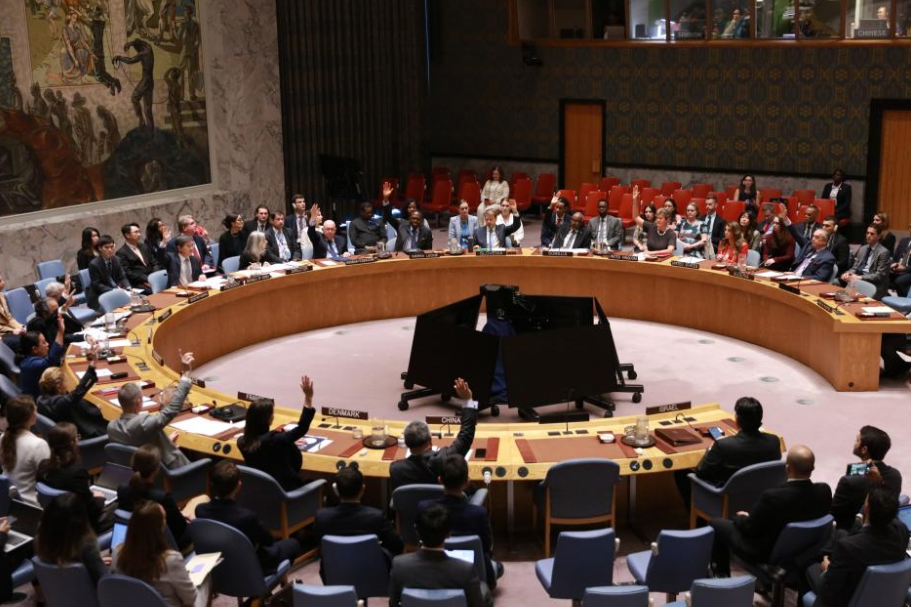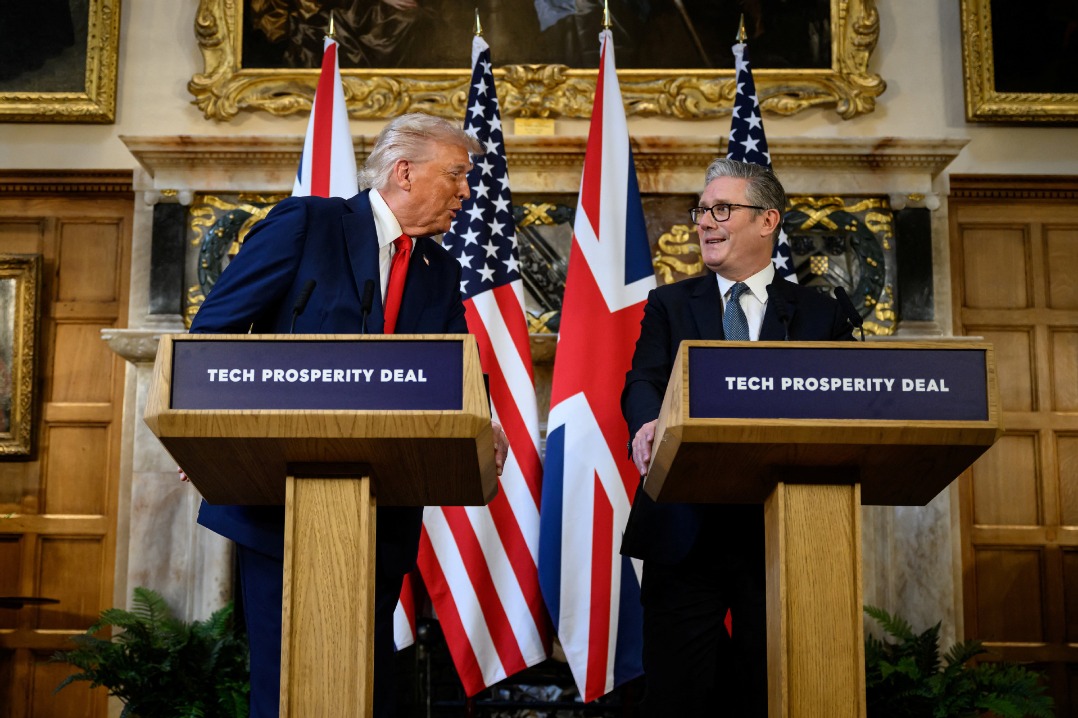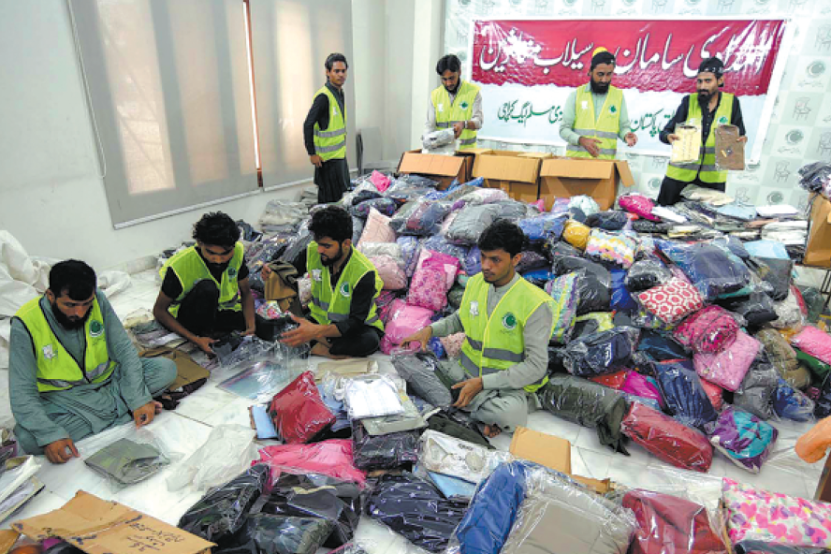New Delhi's ban of Chinese-owned apps adds uncertainty to doing business in India


India's ban of more than 177 Chinese-owned apps leaves uncertainty to many people, especially Chinese nationals engaged in businesses in India.
"India is a difficult country for doing business amidst the current situation," said Chen Xiaoming, a Chinese national who was doing real estate business at Gurgaon in north India and left for China earlier this year.
After the Indian government's decision to ban 59 Chinese apps on June 28, it was wait-and- watch for Chinese firms operating in India.
The list of applications that have been banned included TikTok, WeChat, Bigo Live, UC Browser, Xender, SHAREit, Helo, Likee, CamScanner, Vigo Video, Mi Video Call -- Xiaomi and Clash of Kings.
And on Sept 3 India banned an additional 118 Chinese-owned apps, including the popular game app PUBG.
Despite the reassurance from their Indian neighbors, friends and colleagues, there is an air of uncertainty among Chinese nationals doing business in India.
"We expect tension between the two countries to defuse sooner or later, but we are little bit worried till it happens in reality," said another Chinese national on condition of anonymity working in Gurgaon.
Another Chinese national working in a pharmaceutical company in Haryana said there is a serious doubt whether top Indian leaders are getting real advice from professionals in the know before the ban was enforced.
Some Chinese brands with manufacturing bases in India—such as smartphone market leader Xiaomi -- are making it a point to include "Made in India" legends.
Another Chinese handset maker Oppo in June had cancelled the livestream launch of its flagship 5G smartphone in the country amid protests.
A Chinese national studying at the University of Delhi said she and her family are feeling the stress, but many Indian friends and her neighbors have been reassuring her not to be afraid.
Talking about whether the ban will affect the bilateral relationship between the two countries, Prof Swaran Singh of Jawaharlal Nehru University and chairperson of the Centre for International Politics, Organization and Disarmament, said he does not think so, as it is largely symbolic gesture.
There were enormous domestic grounds that led the Indian government to take action against Chinese apps, he said. Gopal Krishna Agarwal, national spokesperson of Bharatiya Janata Party (economic affairs), said tension in border areas forced the Indian government to ban the apps, but the decision will not affect bilateral trade.
However, bilateral trade this year will shrink by $10 billion, Prof Singh anticipates. Data available with Directorate General of Commercial Intelligence and Statistics, however, revealed that the ban has failed to dent bilateral trade so far.
Bilateral trade stands at $90 billion, in 2019 India's trade deficit with China stood at $56.95 billion, according to Embassy of India, Beijing.
Tarun Pathak an associate director with Counterpoint Technology Market Research, said after the unfortunate June 15 border incident which left soldiers dead in brawls, India's certain steps highlight its ambitions to go more national.
A noted economist working in a government sector who agreed to speak on condition of anonymity stated that a potential tech war between the world's two most populous nations stands to hurt Chinese business interests and threaten tens of thousands of Indian jobs against the backdrop of a coronavirus-related slowdown.
Talking about the ban, Prof Sugata Marjit of Indian Institute of Foreign Trade said it is a signal that India is a big market and foreign policy has a quid pro quo element.
Yet the bilateral trade surplus in China's favor remains a standing concern as Indian exports to China hardly catches up. Prof Marjit noted China is India's third largest trading partner with a huge trade surplus and "we also do benefit a lot from Chinese goods", "But monetarily China has a lot more to lose at least at a first glance."
The writer is a New Delhi-based journalist.

































